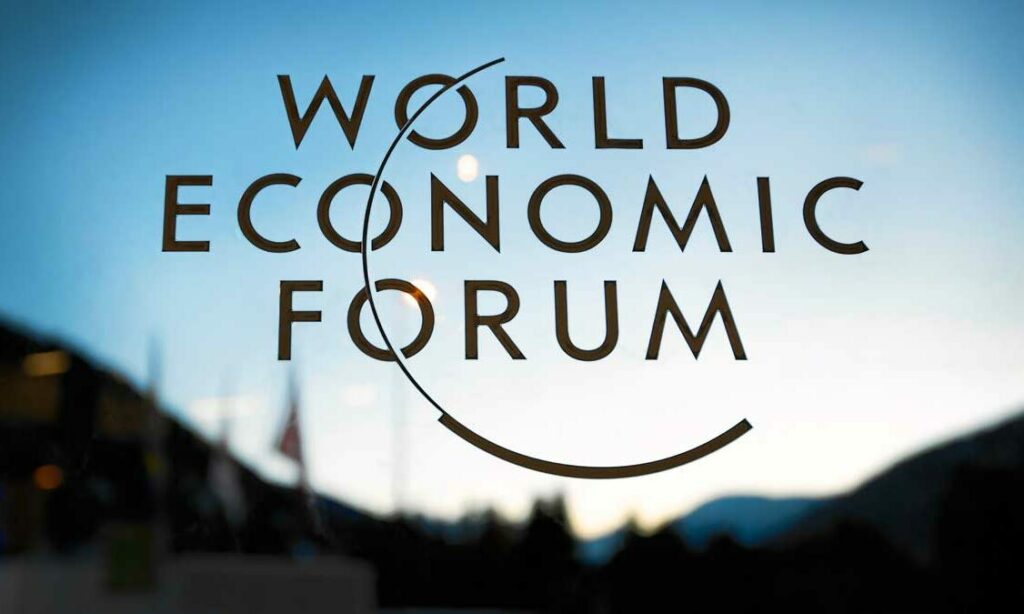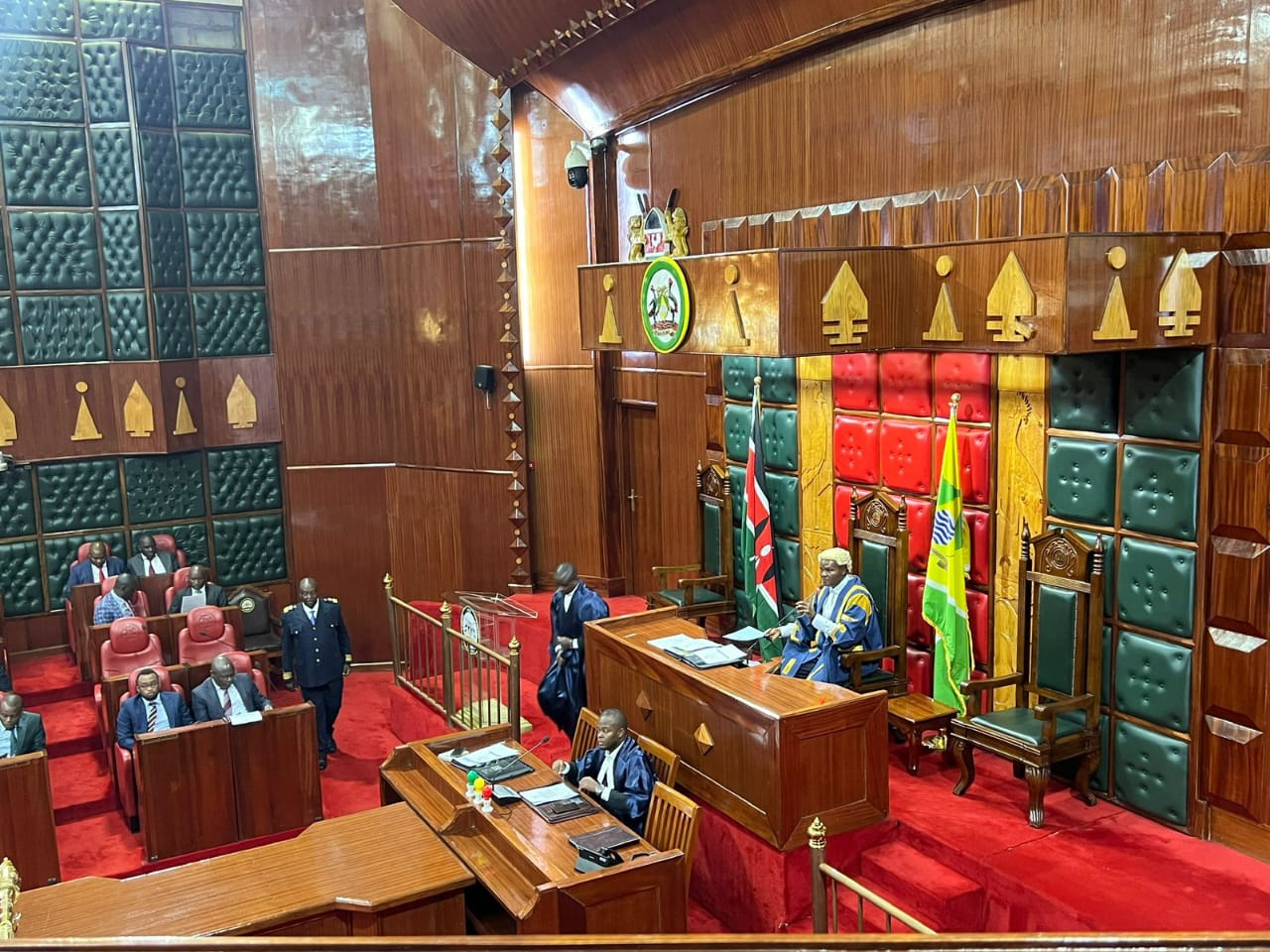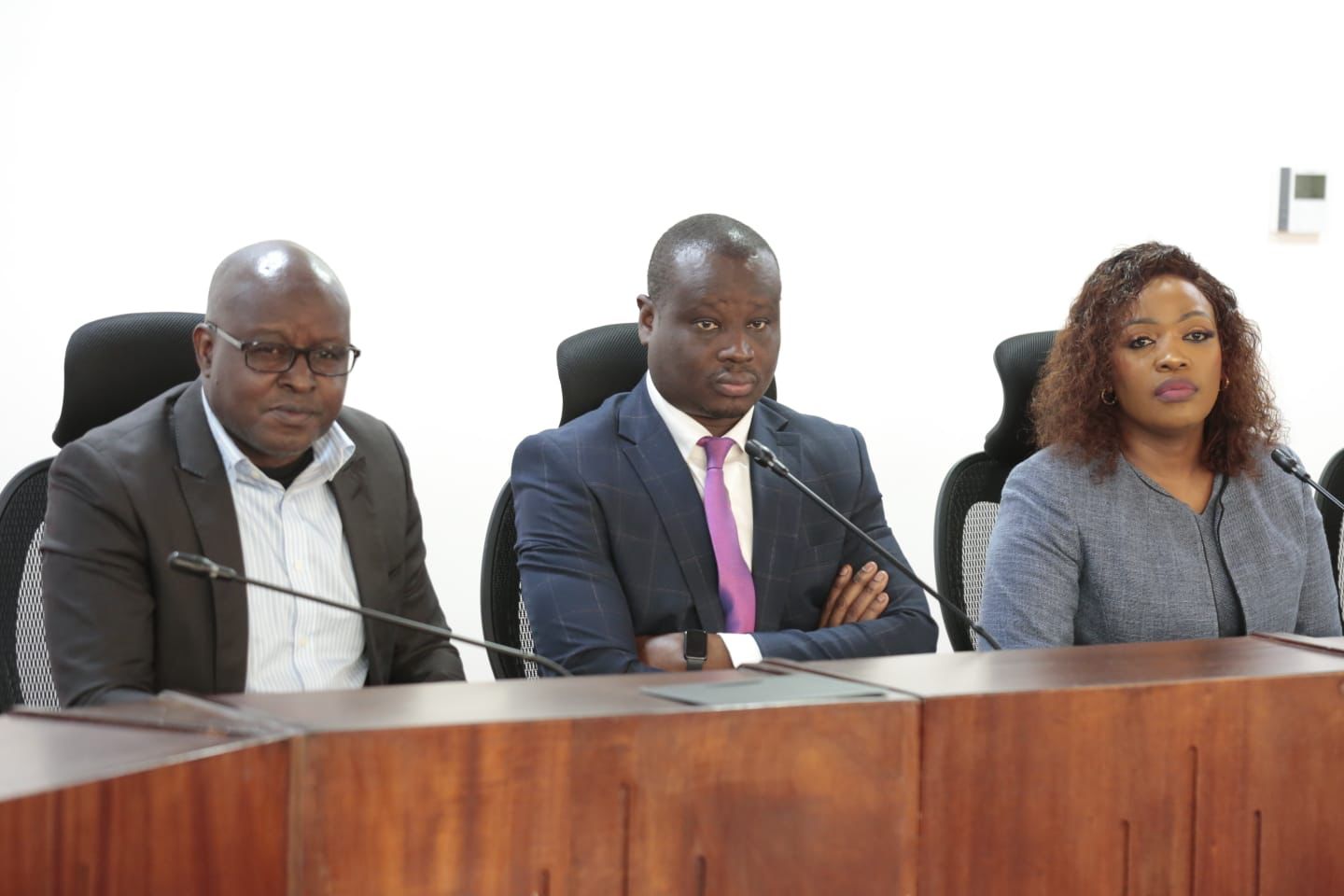US-China trade war threatens global science and research collaboration

WEF, in its deliberations, reiterates that the ripple effects of these tensions are expected to extend far beyond the two nations, affecting other countries that rely on breakthroughs and collaborations driven by US-China research initiatives.
Amid escalating tensions between the United States and China following new trade guidelines from the Donald Trump administration, experts are closely assessing the potential fallout on global science and research.
According to leading economists at the global think tank, the World Economic Forum (WEF), the strained relationship between the two nations could significantly disrupt collaborative research efforts across critical fields such as medicine, climate change, and public health.
More To Read
- Kenyans to pay at least Sh32,000 more for US visas under new law
- US deports 'barbaric' migrants to Eswatini after home countries refuse repatriation
- New US tax on money transfers poised to hit Somalia hard
- Three-month limit: US slaps new visa restrictions on Nigerians, Ghanaians
- Kenya subtly endorses US-Qatar-brokered DRC peace deal, acknowledges changing regional dynamics
- US-Kenya partnership remains strong despite USAID phase-out, US official says
This could leave other countries, particularly developing nations that depend on their expertise during global crises such as pandemics, vulnerable and exposed.
These two nations are reportedly the world's leading powerhouses in research, innovation, and technological advancement. Historically, the US-China partnership has played a crucial role in addressing global challenges, including combating pandemics and tackling climate crises.
However, with growing geopolitical tensions, the future of this scientific cooperation remains uncertain, as China is reportedly preparing for a trade war with the US.
In January, Trump announced plans to implement strict trade rules with China. On March 3, 2025, he signed an executive order raising tariffs on Chinese goods by an additional 10 to 20 per cent, effective from March 4.
In response, China has introduced countermeasures, including blacklisting foreign companies, imposing sanctions, and restricting exports of minerals used in semiconductor manufacturing to the US.
WEF, in its deliberations, reiterates that the ripple effects of these tensions are expected to extend far beyond the two nations, affecting other countries that rely on breakthroughs and collaborations driven by US-China research initiatives.
Notably, while some Western companies continue to invest in research and development in both countries, others are re-evaluating their commitments.
For instance, AstraZeneca has committed $3.5 billion to expand its operations in the US, creating over 1,000 high-skilled jobs, while also investing heavily in China. AstraZeneca, a global pharmaceutical company based in the UK, is known for developing a wide range of medicines, including vaccines. The company gained widespread recognition for its Covid-19 vaccine, developed in collaboration with the University of Oxford.
Despite some firms expanding their investments in the two countries amidst the ongoing dispute, major technology giants such as IBM, Hewlett-Packard, and Microsoft have scaled back their research and development investments in China.
According to WEF, this signals a broader shift towards reshoring, as companies seek stability in an uncertain geopolitical environment.
Despite these shifts, China's rise as a scientific powerhouse remains undeniable, according to the think tank.
WEF notes that China surpassed the US in scientific publications in 2018, and its growing academic output is reshaping the global scientific landscape, further complicating the future of international research collaboration.
US-China scientific relations
China’s success in producing high-impact research is closely tied to its international collaboration with the US.
Over 45 per cent of China-based international production of high-impact scientific research has involved US-based scientists.
Furthermore, the renewal of the US-China Science and Technology Cooperation Agreement has supported research collaboration for 45 years.
Moving forward amid these tensions, experts warn that both the US and China must carefully consider the long-term consequences of decoupling in science and technology.
"Sustaining collaboration, even amid competition, could be the key to future progress—scientific, economic, and most importantly, societal," WEF stated.
Top Stories Today










































